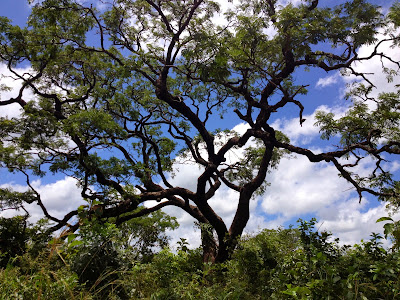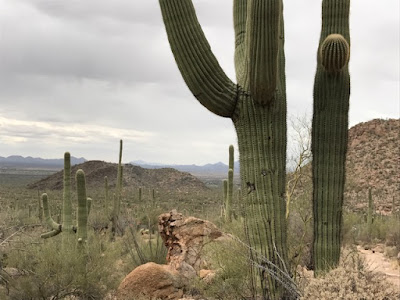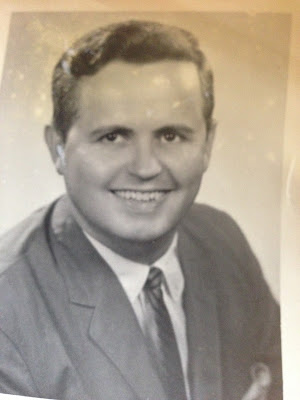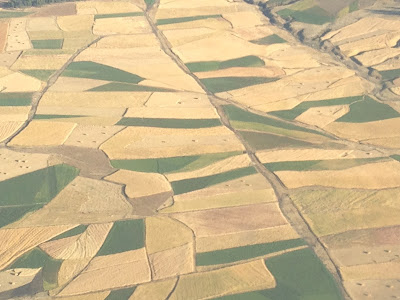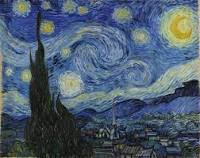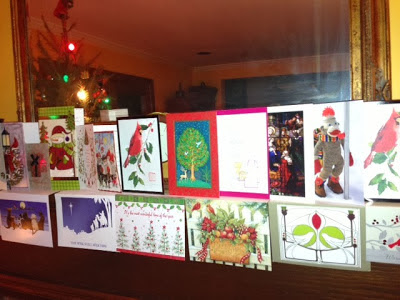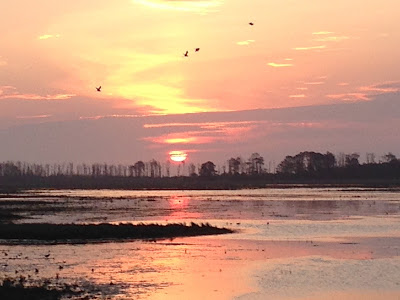Bisbee 1000
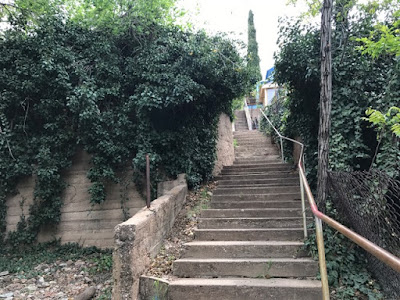
Bisbee, Arizona, is a funky old mining town built into a hillside with shops and houses tucked into nooks and crannies. There are no straight streets here. Which means that if you need to get from Point A to Point B you can walk a few blocks — or you can take the stairs.
The town is criss-crossed with stairways, some with railings and some without, some crumbling and some whole, some decorated and others plain. You might head up a flight thinking it leads to the street above only to find that it dead-ends at a lavender bungalow with Buddhist prayer flags flying.
I walked the Bisbee stairs yesterday — at least 1,000 of them, maybe more. In between I heard a man strumming a guitar in his carport, and a bird (a hermit thrush?) singing in a shiny green-leafed tree. I wandered into a church built a hundred years ago by men who worked a full shift in the mines then spent four more hours a day building a house of worship.
Stair-climbing builds character, as does life on the frontier. Arizona was the 48th state admitted to the union, which means its frontier days aren’t far behind it. Maybe that’s why it’s easy to imagine an earlier way of life here: a time when things weren’t quite as easy as they are now.
